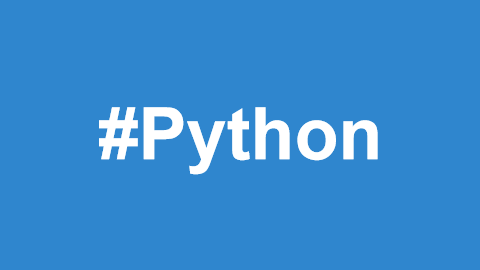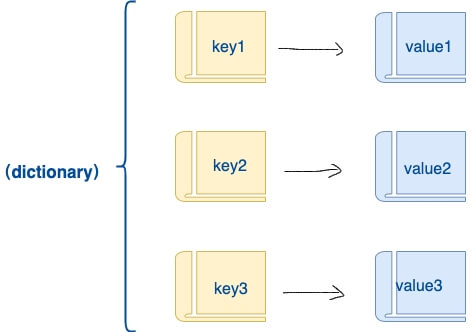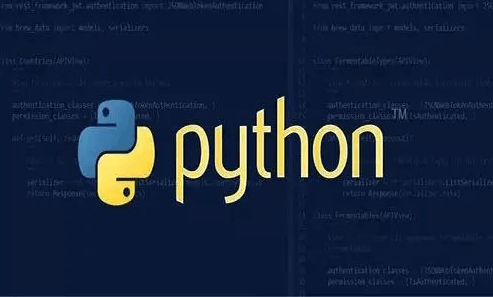In software development, avoiding overly complex code structures is crucial for ensuring long-term maintainability. Complex code is not only difficult to understand but can also lead to errors and performance issues. Below is an example demonstrating how to simplify complex code to improve its maintainability.
Old Code Example
Suppose we have a system that processes employee data, including a method for calculating year-end bonuses. Below is the example of the old code:
class Employee: def __init__(self, name, position, salary, years_of_service): self.name = name self.position = position self.salary = salary self.years_of_service = years_of_service def calculate_bonus(self): if self.position == 'Manager': if self.years_of_service > 5: return self.salary * 0.10 else: return self.salary * 0.08 elif self.position == 'Team Lead': if self.years_of_service > 5: return self.salary * 0.07 else: return self.salary * 0.05 else: if self.years_of_service > 5: return self.salary * 0.05 else: return self.salary * 0.03
Code Problem Analysis
The
calculate_bonusmethod contains multiple nested conditional statements, making the code difficult to read and maintain.The logic for different employee positions is hardcoded, which reduces the flexibility of the code.
Improved Code
To simplify this code and improve its maintainability and scalability, we can externalize the conditional logic and reduce nesting:
class Employee:
bonus_rates = {
'Manager': (0.10, 0.08),
'Team Lead': (0.07, 0.05),
'Employee': (0.05, 0.03)
}
def __init__(self, name, position, salary, years_of_service):
self.name = name
self.position = position
self.salary = salary
self.years_of_service = years_of_service
def calculate_bonus(self):
rates = self.bonus_rates.get(self.position, (0.03, 0.02)) # Default rates for other positions
rate = rates[0] if self.years_of_service > 5 else rates[1]
return self.salary * rateExplanation of Improvements
Using a Dictionary to Manage Bonus Rates:
By storing bonus rates in a class-level dictionary, we've eliminated the complex conditional statements. This makes it easy to modify or add new positions and their corresponding bonus rates without changing the calculation logic.Reducing Code Complexity:
By using a dictionary and a simple conditional expression to select the bonus rate, the code is clearer and simpler. This approach reduces nesting and improves readability and maintainability.
Through this refactoring, the code becomes more modular and flexible, allowing for easy adjustments to bonus policies or the addition of new job categories in the future. This design helps reduce maintenance costs and improves the long-term usability and scalability of the code.



